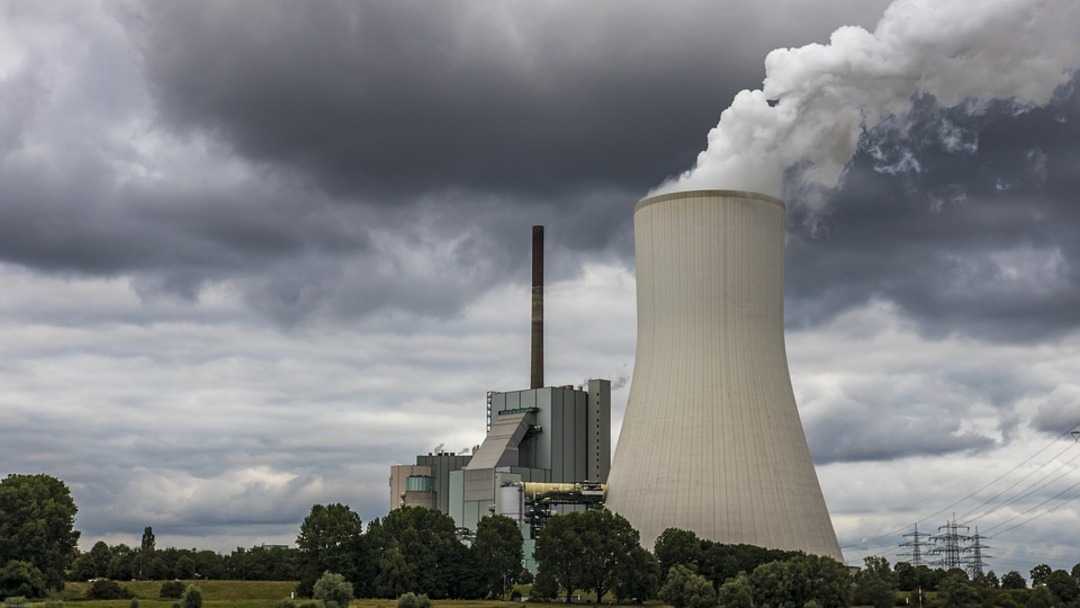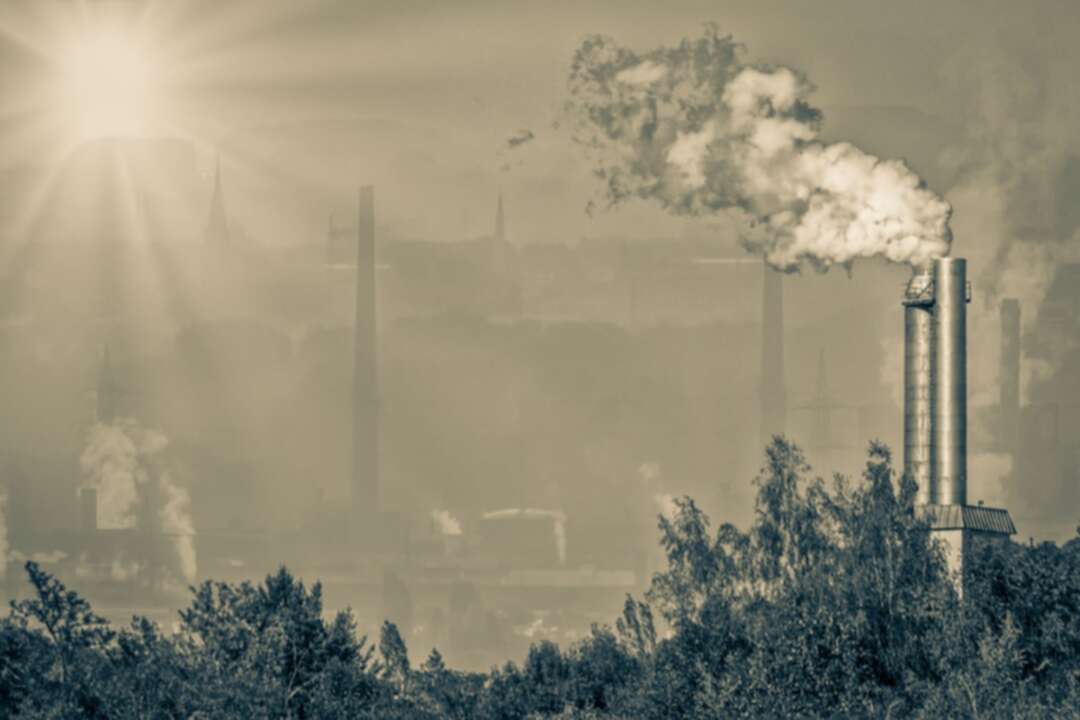-
G-7 ministers meet in Berlin with focus on when to end coal power

The Group of Seven major developed countries began a two-day meeting of environment ministers Thursday (May 26) in Berlin. The utmost attention is on whether they can set a specific time frame to phase out coal-fueled energy, the Koyodo reported.
Germany is serving as the chair of G-7 meetings this year. Officials said, it has proposed that the ministers stipulate the goal of phasing out coal power generation by 2030 in a post-meeting joint statement, and other European countries and Canada have backed the idea.
But the Japanese government remains opposed to committing to a specific time frame, while the United States has compromised to aim for the goal "in the 2030s."
Japanese government official said: "Only Japan is saying such a goal should be deleted and is a little isolated."

Still, there are uncertainties as Russia, a major fossil fuel exporter, launched its invasion of Ukraine more than three months ago.
The G-7 countries, also including Britain, France and Italy, have imposed sanctions on Russia since then and agreed to reduce their reliance on Russian energy imports.
UK, US welcome china's promise to end funding for coal projects overseas
The sanctions could derail efforts to cut greenhouse gas emissions as some energy importers may need to burn more coal.
Prior to the ministerial meeting in the German capital, due to conclude Friday (May 27), the International Energy Agency recommended that the G-7 lead the world in the transition toward steel and cement production with almost no emissions.
UK government says more than 40 countries pledge to shift away from coal
The agency said, heavy industry is responsible for more than 15 percent of coal use and about 10 percent of oil and gas use in the G-7 countries.
According to the IEA, the G-7 countries plus the European Union account for about 40 percent of the global economy, 30 percent of energy demand and 25 percent of energy system CO2 emissions.
levantnews- koyodo
You May Also Like
Popular Posts
Caricature
BENEFIT Sponsors BuildHer...
- April 23, 2025
BENEFIT, the Kingdom’s innovator and leading company in Fintech and electronic financial transactions service, has sponsored the BuildHer CityHack 2025 Hackathon, a two-day event spearheaded by the College of Engineering and Technology at the Royal University for Women (RUW).
Aimed at secondary school students, the event brought together a distinguished group of academic professionals and technology experts to mentor and inspire young participants.
More than 100 high school students from across the Kingdom of Bahrain took part in the hackathon, which featured an intensive programme of training workshops and hands-on sessions. These activities were tailored to enhance participants’ critical thinking, collaborative problem-solving, and team-building capabilities, while also encouraging the development of practical and sustainable solutions to contemporary challenges using modern technological tools.
BENEFIT’s Chief Executive Mr. Abdulwahed AlJanahi, commented: “Our support for this educational hackathon reflects our long-term strategic vision to nurture the talents of emerging national youth and empower the next generation of accomplished female leaders in technology. By fostering creativity and innovation, we aim to contribute meaningfully to Bahrain’s comprehensive development goals and align with the aspirations outlined in the Kingdom’s Vision 2030—an ambition in which BENEFIT plays a central role.”
Professor Riyadh Yousif Hamzah, President of the Royal University for Women, commented: “This initiative reflects our commitment to advancing women in STEM fields. We're cultivating a generation of creative, solution-driven female leaders who will drive national development. Our partnership with BENEFIT exemplifies the powerful synergy between academia and private sector in supporting educational innovation.”
Hanan Abdulla Hasan, Senior Manager, PR & Communication at BENEFIT, said: “We are honoured to collaborate with RUW in supporting this remarkable technology-focused event. It highlights our commitment to social responsibility, and our ongoing efforts to enhance the digital and innovation capabilities of young Bahraini women and foster their ability to harness technological tools in the service of a smarter, more sustainable future.”
For his part, Dr. Humam ElAgha, Acting Dean of the College of Engineering and Technology at the University, said: “BuildHer CityHack 2025 embodies our hands-on approach to education. By tackling real-world problems through creative thinking and sustainable solutions, we're preparing women to thrive in the knowledge economy – a cornerstone of the University's vision.”
opinion
Report
ads
Newsletter
Subscribe to our mailing list to get the new updates!






















